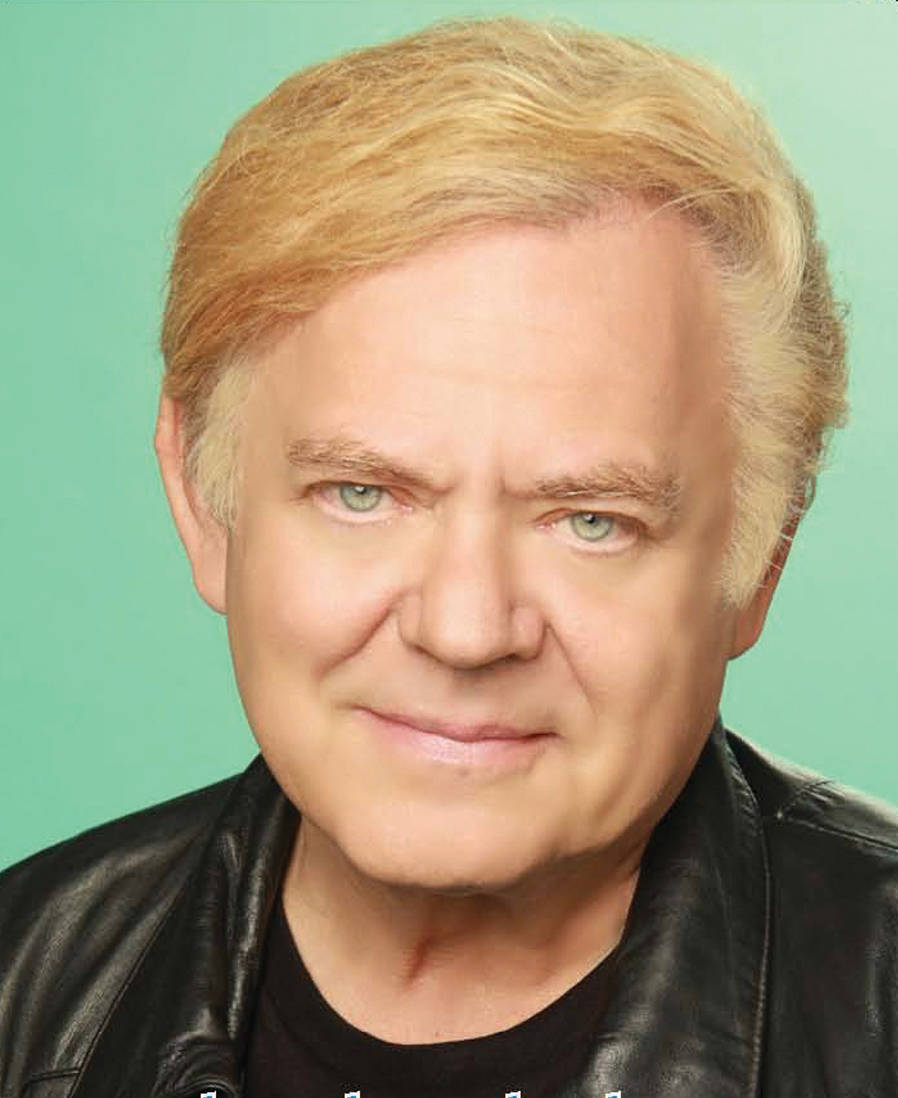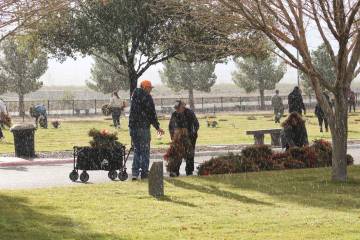Pandemic fallout interfered with lobbyists
The biannual state legislative gathering has ended, and it has been a so-so event as far as veterans’ issues are concerned. Assembly Bill 22 was signed by the governor. It instructs the Nevada Department of Veterans Services to develop a transition assistance program to help veterans reintegrate into civilian life. And Assembly Bill 76 authorizes the department to establish and operate programs to provide adult day care services to veterans using federal funds. These laws represent a good outcome for veterans in the Silver State.
The reason I write that the session was “so-so” has to do with the way the state conducted its operations.
Veteran Tony Yarbrough heads the United Veterans Legislative Council. The nonprofit group began years ago because veterans were divided on issues and had little credibility with lawmakers. The council actively campaigned to include all major veterans’ service organizations as well as other nonprofits that supported veterans to come to the table. They created a statewide veterans’ group that could reach out to elected officials with one voice.
“We partner with the Nevada Department of Veterans Services in many matters. Our leadership is elected among members every two years. We are absolutely nonpartisan,” Yarbrough said. “As such, all political parties respect our perspective and generally support our viewpoint. We talk issues, not politics. Our track record displays this very proudly. As we lobby, we can proudly state for the record how many veterans we represent. At present that count is around 300,000. That does not include active-duty military or any of our families or veterans’ advocates. So the number is exponentially much larger, nearing 500,000.”
But this year, things didn’t go as smoothly as in the past.
“Without question, this has been one of the most difficult sessions I have ever attended,” Yarbrough said.
He explained that in the past the organization collectively won over lawmakers by being politically neutral. “We could control a hearing room with our overwhelming presence, and the usual appearance of at least a dozen veterans at the ready to jump into the foray. A combination of events triggered by the recent pandemic changed all of that.”
Yarbrough said his group felt “kicked to the curb” and had trouble testifying. “We couldn’t attend, couldn’t raise interest and we did not think anyone was listening. Our lives were placed on lockdown.”
He said that in private talks he had with other lobbyists, many had the same feelings of frustration, as did some of the lawmakers. “No one is coming out of this unscathed.” Although he said his group “kept its resolve to remain neutral, both sides had their shenanigans as politics were played. Some call it ‘political theater.’ We’re still trying to figure out what we did right and wrong under the circumstances. When they finally opened the doors to the public, it didn’t have the same feel … it was like walking through a ghost town.”
No doubt the pandemic was truly a leading factor in the situation, and the current political climate on the national scene had to have some bearing on local politics. All parties now have two years to consider what can be done to improve things next time around.
Baseball great Yogi Berra once famously said, “We made too many wrong mistakes.” In two years, perhaps the Legislature will only make a few.
Chuck N. Baker is an award-winning journalist and a Vietnam War Purple Heart veteran. He can be heard at 8:30 a.m. each Sunday on KKVV-AM hosting “That’s America to Me” and occasionally on KUNV-FM hosting “America’s Veterans, Today and Tomorrow.”












